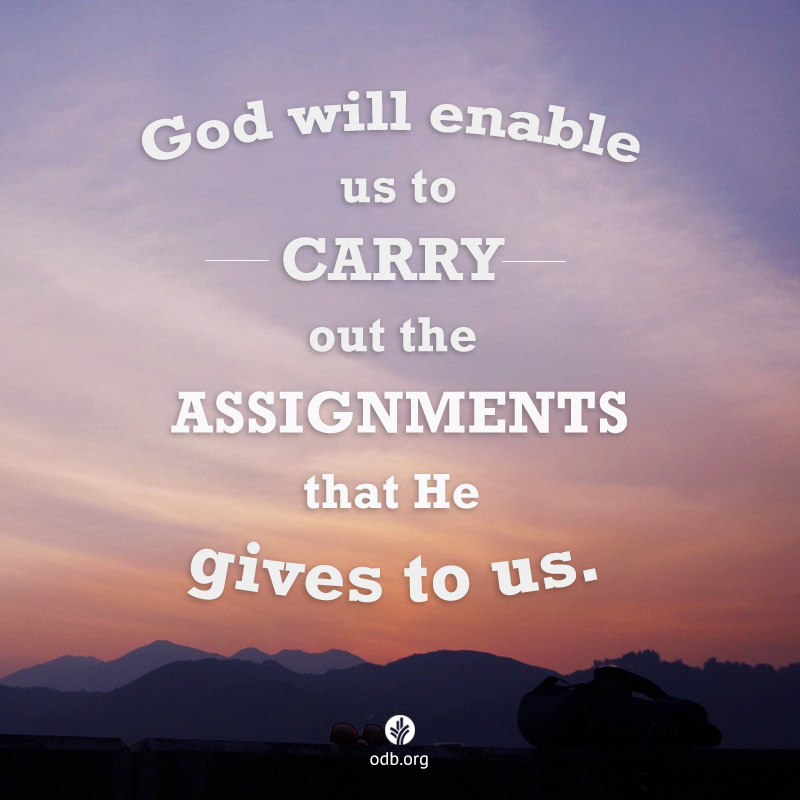
Free Indeed
Olaudah Equiano (c. 1745–1796) was only 11 years old when he was kidnapped and sold into slavery. He made the harrowing journey from West Africa to the West Indies, then to the colony of Virgina, and then to England. By the age of 20 he purchased his own freedom, still bearing the emotional and physical scars of the inhumane treatment he had experienced.
Unable to enjoy his own freedom while others were still enslaved, Equiano became active in the movement to abolish slavery in England. He wrote his autobiography (an unheard of achievement for a former slave in that era) in which he described the horrific treatment of the enslaved.
When Jesus came, He fought a battle for all of us who are enslaved and unable to fight for ourselves. Our slavery is not one of outward chains. We are held by our own brokenness and sin. Jesus said, “Everyone who sins is a slave to sin. Now a slave has no permanent place in the family, but a son belongs to it forever. So if the Son sets you free, you will be free indeed” (John 8:34–36).
Wherever such a freedom seems unheard of, His words need to be declared. We can be liberated from our guilt, shame, and hopelessness. By trusting Jesus, we can be free indeed!

Gentle Influence
A few years before he became the 26th U.S. president (1901–1909), Theodore Roosevelt got word that his oldest son, Theodore Jr., was ill. While his son would recover, the cause of Ted’s illness hit Roosevelt hard. Doctors told him that he was the cause of his son’s illness. Ted was suffering from “nervous exhaustion,” having been pressed unmercifully by Theodore to become the “fighter” hero-type he himself had not been during his own frail childhood. Upon hearing this, the elder Roosevelt made a promise to relent: “Hereafter I shall never press Ted either in body or mind.”
The father was true to his word. From then on he paid close attention to how he treated his son—the very same son who would one day bravely lead the landing of Allied soldiers on Utah Beach in World War II.
God has entrusted each of us with influence in the lives of others. We have a deep responsibility in those relationships, not only to spouses and children, but to friends, employees, and customers. The temptation to press too hard, to demand too much, to force progress, or to orchestrate success can lead us to harm others even when we don’t realize it. For this very reason, followers of Christ are urged to be patient and gentle with one another (Col. 3:12). Since Jesus, the Son of God, came in humility, how can we withhold such kindness from one another?
The Ultimate Road Trip
Madagascar’s National Road 5 offers the beauty of a white sand coastline, palm forests, and the Indian Ocean. Its 125 miles of two-track road, bare rock, sand, and mud, however, have given it a reputation for being one of the worst roads in the world. Tourists looking for breathtaking views are advised to have a four-wheel-drive vehicle, an experienced driver, and an onboard mechanic.
John the Baptist came to announce the good news of the coming Messiah to those traveling on rough roads and through barren landscape. Repeating the words of the prophet Isaiah written centuries earlier, he urged curious crowds to “prepare the way for the Lord” and to “make straight paths for him” (Luke 3:4–5; Isa. 40:3)
John knew that if the people of Jerusalem were going to be ready to welcome their long-awaited Messiah their hearts needed to change. Mountains of religious pride would need to come down. Those in the valley of despair because of their broken lives would need to be lifted up.
Neither could be done by human effort alone. Those who refused to respond to the Spirit of God by accepting John’s baptism of repentance failed to recognize their Messiah when He came (Luke 7:29–30). Yet those who saw their need for change discovered in Jesus the goodness and wonder of God.


Naming God
In his book The God I Don’t Understand, Christopher Wright observes that an unlikely person is one of the first to give God a name. It’s Hagar!
Hagar’s story provides a disturbingly honest look at human history. It’s been years since God told Abram and Sarai they would have a son, and Sarai has only grown older and more impatient. In order to “help” God, she resorts to a custom of the day. She gives her slave, Hagar, to her husband, and Hagar becomes pregnant.
Predictably, dissension arises. Sarai mistreats Hagar, who runs away. Alone in the desert, she meets the angel of the Lord, who makes a promise strikingly similar to one God had made earlier—to Abram (see Gen. 15:5). “I will increase your descendants so much that they will be too numerous to count” (16:9). The angel names Hagar’s son Ishmael, which means “God hears” (v. 11). In response, this slave from a culture with multiple gods that could neither see nor hear gives God the name “You are the God who sees me” (v. 13).
“The God who sees us” is the God of impatient heroes and powerless runaways. He’s the God of the wealthy and well-connected as well as the destitute and lonely. He hears and sees and cares, achingly and deeply, for each of us.

